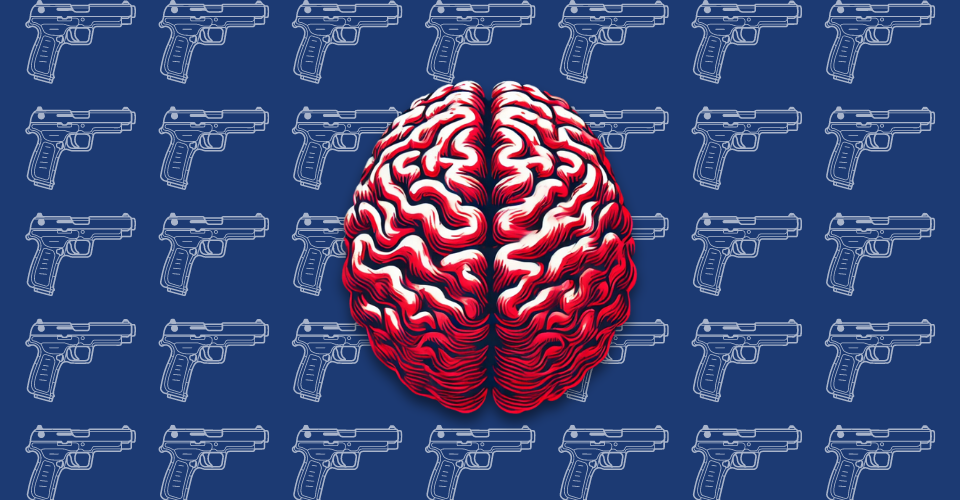Exploring the Connection Between Firearm Ownership and Mental Health
A recent study published in the Journal of Psychiatric Research has unveiled a significant link between the intention to purchase a firearm and heightened psychiatric symptoms among U.S. adults. The research, however, found no connection between firearm purchase intentions and cognitive functioning.
Public Health Concerns Drive Research
The researchers were motivated by the pressing public health issues surrounding firearm-related fatalities in the United States. Firearms are the leading cause of suicides and account for a substantial portion of other violent deaths. Understanding the psychological and cognitive factors behind firearm ownership is critical in addressing these public health concerns.
Previous Findings and Study Motivations
Prior research has shown that firearm ownership, particularly for protection, is associated with increased threat sensitivity and cognitive-affective processes like elevated anxiety and disrupted decision-making. These factors potentially elevate the risk of firearm-related fatalities, highlighting the need for further investigation. Existing studies primarily used self-reported data, which can be subjective and biased. To address this, the researchers employed objective cognitive measures for a clearer understanding of the cognitive processes related to firearm ownership.
Study Design and Methodology
The study involved 660 participants recruited through ResearchMatch, an online survey platform, between 2021 and 2023. Participants completed an initial online self-report survey, and 112 were selected for further cognitive testing via videoconferencing. The cognitive tests were administered using the Cambridge Neuropsychological Test Automated Battery (CANTAB), which included:
- Cambridge Gambling Task (CGT): Assessed decision-making and risk-taking behavior.
- Intra-Extra Dimensional Set Shift (IED): Evaluated mental flexibility and attentional shifts.
- Emotional Bias Task (EBT): Measured perceptual bias in recognizing facial emotions.
Additionally, psychiatric symptoms were assessed using standardized questionnaires for depression, anxiety, PTSD, alcohol use, and suicidal thoughts.
Key Findings
The study revealed that participants intending to purchase a firearm within the next year did not show differences in cognitive functioning compared to those without such intentions. However, they reported higher levels of psychiatric symptoms, including anxiety, depression, PTSD, alcohol use, and suicidal thoughts. This indicates that the intention to acquire a firearm is more closely linked to psychiatric health than cognitive abilities.
Impact of Firearm Ownership for Protection
Owning a firearm for protection was associated with decreased mental flexibility, indicating challenges in adapting attention and shifting mental strategies. No significant differences were found between firearm owners and non-owners in terms of risk-taking behavior and emotional bias.
Study Limitations and Future Directions
The study had some limitations, including a predominantly white sample (79%), which may limit the generalizability of the findings to other racial and ethnic groups. The relatively small sample size might also reduce the statistical power of the results.
“Despite these limitations, the present study is the first to explore objective cognitive functioning in relation to protective firearm ownership and intent to purchase firearms,” the researchers concluded. “Future studies should further explore the impact of cognitive flexibility within a broader cognitive-affective framework for understanding critical firearm ownership variables and their potential influence on firearm mortality.”




























